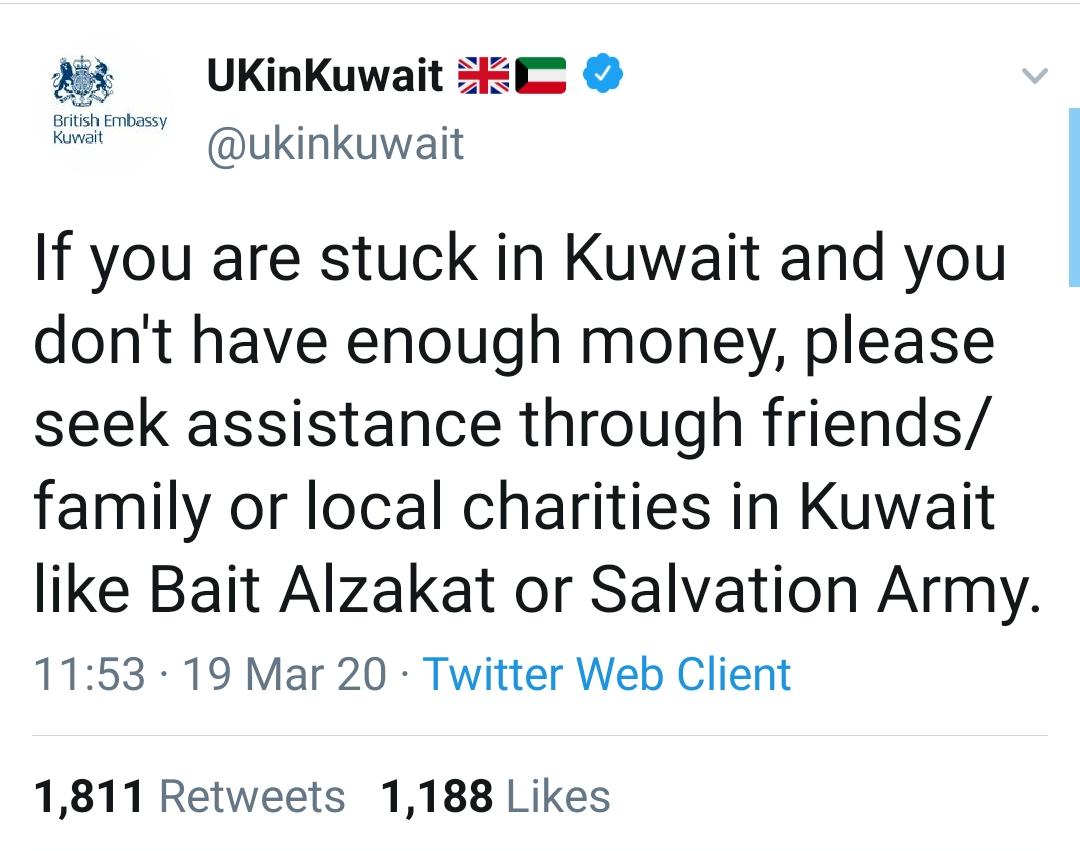European leaders’ video-conference on Syria brought extra cash to Ankara
ANKARA: Amid escalating tensions between Brussels and Ankara over refugee management policy, the latest video conference between Turkish, French, German and UK leaders resulted in an increase of EU funds for refugees in Turkey.
In their meeting with Turkish President Recep Tayyip Erdogan, German Chancellor Angela Merkel and French President Emmanuel Macron committed to provide more humanitarian funding.
UK Prime Minister Boris Johnson, whose country was excluded previously from EU leaders’ talks, also attended the video conference — a sign that the UK intends to re-engage into the Syria crisis.
Hosting about four million refugees, most of whom coming from Syria, Erdogan had asked for more EU assistance for handling the crisis.
After Erdogan opened his country’s borders with the EU for the mass exodus of refugees, migrants from different nationalities amassed on the Turkish-Greek border before being pushed back by th Greek authorities.
Brussels accused Turkey of using refugees as bargaining chips for getting more help from the EU.
Turkey in turn blamed the EU for not keeping financial and political promises under the refugee deal concluded between the parties in March 2016, especially regarding financial aid that was not provided in full, and accelerated visa facilitation that was not achieved.
Out of €6 billion ($6.4 billion) committed by the EU in the past for refugees in Turkey, only about €3.2 billion has been paid.
Fresh cash pledges are expected to prevent thousands of refugees from leaving the country towards Europe by dangerous land and sea journeys.
Sinem Adar, a researcher on Turkey at the German Institute for International and Security Affairs, said the willingness to provide more funds to Turkey was primarily about improving social and economic participation of refugees in Turkey.
“The underlying assumption is that most of the Syrian refugees in Turkey are there to stay and that Turkey needs more support to better integrate this population. The existing research supports this assumption,” she told Arab News.
But the EU funding is not promised as a direct payment to the Turkish government.
Concerning how potential new funds will be dispersed, Adar said, the EU had certain budgetary stipulations that it needed to follow.
“This means that providing the funds directly to the government should not be possible. Thus, I would expect that any potential funds will be dispersed on a project basis and to the ministries, NGOs, international organizations and municipalities. If anything, I think the EU should increase support to local actors in Turkey,” she added.
Adar thinks that, following the EU’s potential increase of funds, the concession from the Turkish side will be commitment to EU-Turkish cooperation over migration.
“Given that EU member states lack agreement among themselves over a common asylum policy, getting the support of Turkey on migration and border management is important for the EU,” she said.
“Regarding the political situation in Turkey, it is clear that accession negotiations and visa liberalization are (and should be) off the table. But the modernization of (the) customs union can provide the EU with a useful instrument to emphasize the rule of law issues. The second issue is of course whether, and if so how, Turkey should be given the message that refugee lives are and should not be instruments for political bargain.”
Ankara has long criticized the EU, saying that it bears too much responsibility in handling refugee flow from Syria, and that European nations have failed to do their part.
For Berkay Mandiraci, a Turkey analyst at the International Crisis Group, the timing and quantity of the new funding remains unclear.
“This is critical as the humanitarian aid and basic service needs of displaced civilians in Idlib as well as thousands of migrants stranded at the Turkey-Greece border make new cooperation imminent,” he told Arab News. “But EU leaders are unwilling to compromise quickly to what they and the Europeans have perceived as Ankara’s blackmail.”
Experts also underline the need for an urgent solution to the ongoing humanitarian crisis along the Turkish-Greek borders vis-à-vis the global coronavirus outbreak, considering that the Syrian war has entered its tenth year.
Protecting refugee camps from the outbreak where social distancing rules do not work is vital to prevent another humanitarian crises, especially considering an impending “catastrophe” in rebel-held Idlib, with more and more civilians displaced in a short period of time — almost one million in just two months.
“Fears of the spread of the coronavirus among those displaced by conflict requires more funding for medical services and facilities, which is greatly lacking,” Mandiraci said.

Greek police use tear gas on migrants at Turkish borderHRW denounces Greece over migrants held on warship




